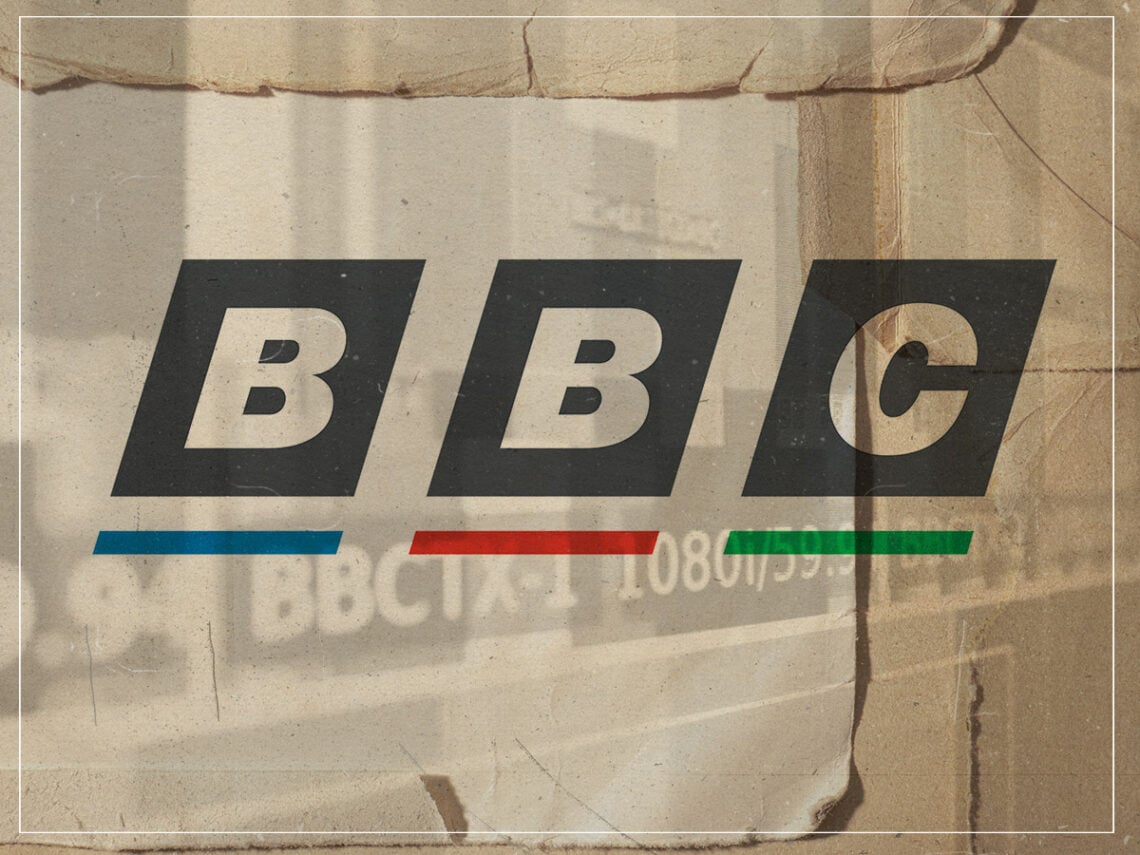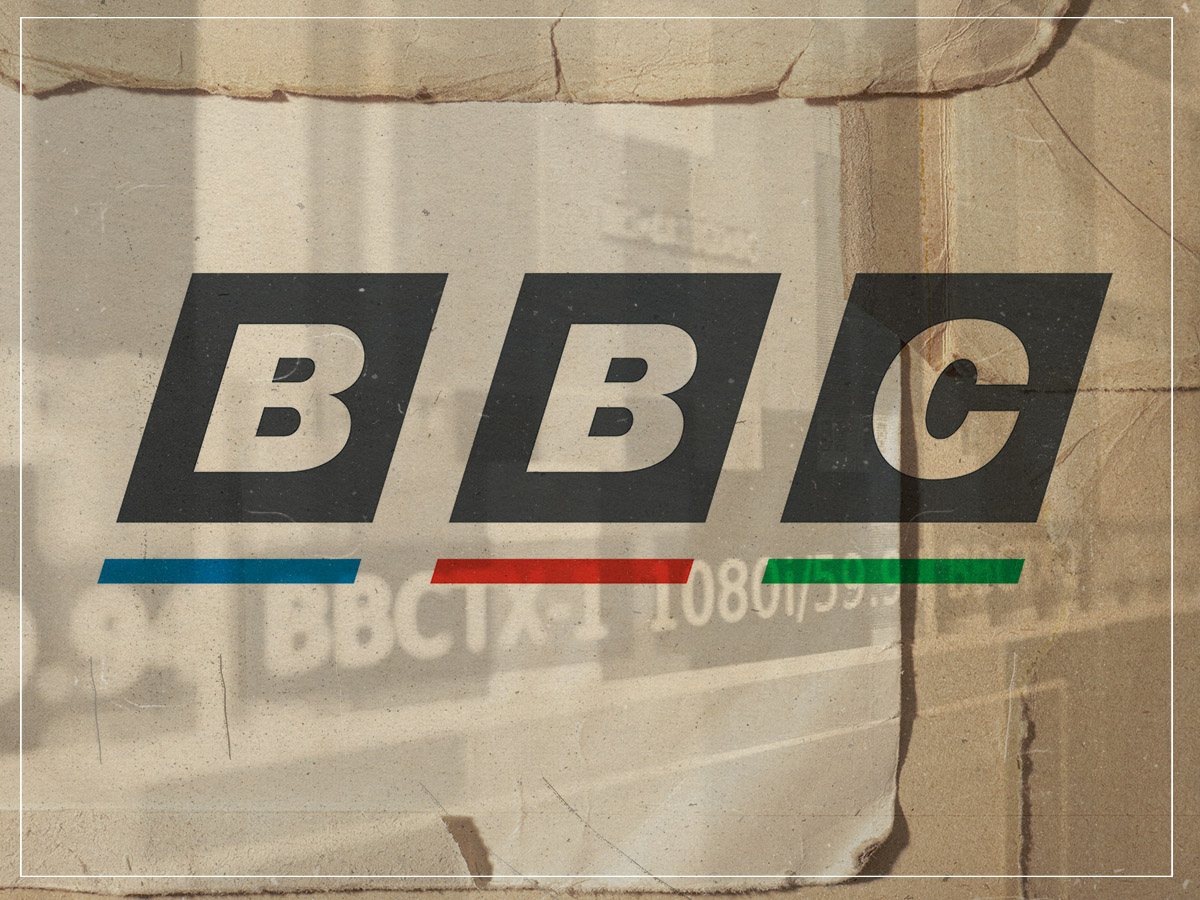
(Credits: Far Out / BBC)
Tue 30 September 2025 16:00, UK
When it comes to the end of 2025, and the BBC executives are sitting with their feet up in front of the fire, drinking a warm glass of something I probably can’t afford, will they stare into the embers, reflecting on this past year as a success or a failure?
Because it’s been quite the year for censorship in the Western world. We’ve trodden on a tight-rope above our liberties with a distinct lack of dexterity, on both sides of the political spectrum, and this summer, the tension around that discourse seemed to climax at the broadcaster’s golden goose: Glastonbury.
As the Kneecap police charges rolled on, the question over whether or not the Irish three-piece would perform or not became increasingly volatile. When the festival rightly defended the band’s place to express themselves on stage, they fanned the flames of trepidation, only for Bob Vylan to sneak in the back door and pour petrol all over it.
The entire saga threw into question when and where the line of broadcasting censorship should be introduced. Sure, age ratings and watersheds are perfectly fine examples of moderate regulation, but outrightly silencing musicians whose aim is largely to highlight human rights violations has obviously felt like murky waters for an entire society to paddle in.
But while it may have felt like uncharted territory for political broadcasting in this deeply volatile year, it’s certainly not the first time the BBC have intervened when it comes to music censorship. Some of the most well-known songs in musical history have been wiped from the airwaves, in a means of tempering wider anti-establishment discourse. And what band screams anti-establishment more than the rest? It is, of course, The Sex Pistols.
But the censorship didn’t exactly work, for the song wiped from the airwaves is arguably their most famous of all time, ‘God Save The Queen’. Yes, unsurprisingly, the state’s own broadcaster banned a song that denounced the head of state. But despite its very literal sentiment, John Lydon has always been keen to express the underlying patriotism to the song, “You don’t write ‘God Save the Queen’ because you hate the English race. You write a song like that because you love them, and you’re fed up with them being mistreated.”
In 2002, he continued to justify the song’s intent, arguing, “These are fun songs. Done for a laugh. ‘God Save The Queen’? It’s kind of high camp, in a way,” adding, “You certainly don’t think it’s going to be taken as a declaration of civil war.”
What other songs have been banned from the BBC?
While The Sex Pistols’ take is somewhat understandable in terms of what authorities might deem as banable music, it turns out that not all songs had to go quite as far as that. In fact, the bar for BBC banning is actually pretty low.
While The Kinks’ Lola, Gang Of Four’s ‘I Love A Man In Uniform’ and Tom Waits’ ‘Glad To Be Gay’ have all been red-taped for their political provocation, the former telling the tale of a transgender relationship and the latter supporting gay rights. Shirley Bassey’s ‘Burn My Candle’ was banned for mentioning the word sex, while Eliza Doolittle’s ‘Walking On Water’ was also banned because of the singer expressing her wish to be like Jesus. How very risque of her.
Other notable songs banned for political reasons were ‘Atomic’ by Blondie, Heaven 17’s ‘(We Don’t Need This) Fascist Groove Thang’, and Ian Dury and The Blockheads’ ‘Spasticus Autisticus’.
Related Topics

